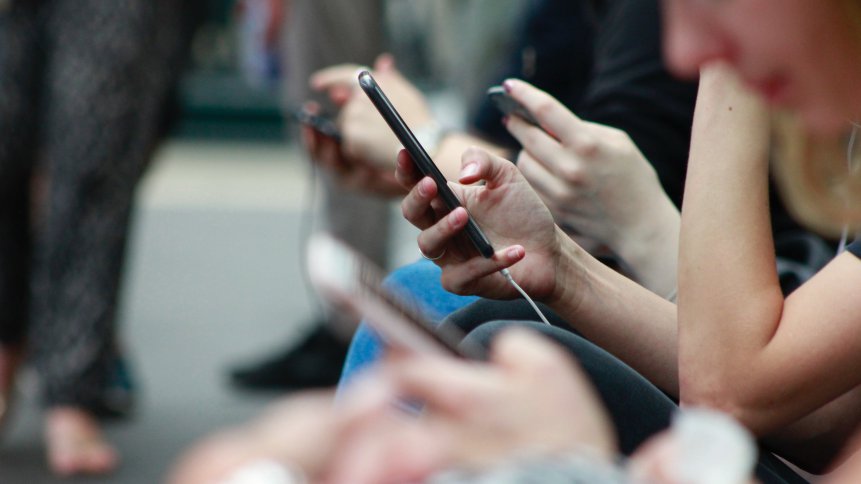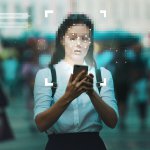Is Bluetooth the solution for privacy-first COVID-19 contact tracing?

- Contact tracing has been proven to curb the spread of virus outbreaks
- Apple and Google’s new contact tracing tool received both praise and criticism
- A community of academics advocate privacy-friendly contact tracing tools employing Bluetooth technology
Recent developments in the COVID-19 pandemic have led nations to enforce weeks-long lockdowns, with stringent social distancing measures and upscaled testings. After the public was asked to adhere to the new rules, the spread is finally showing signs of levelling off.
French president Emmanuel Macron has now declared an end date in the country’s movement restrictions on their lockdown-fatigued citizens. Meanwhile, Norway, one of the first EU member states to go into lockdown, is now ‘relaxing’ some of their enforced restrictions.
While nations are still facing the prospect of secondary waves of the novel coronavirus outbreak, a measurement that has been deemed effective by the World Health Organization (WHO) is contact tracing.
Its effectiveness was proven during the Ebola virus disease (EVD) outbreak in Africa over the last few years, and the method has now been enlisted to help combat the deadly and debilitating virus, COVID-19.
For nations looking to lift restrictions, contact tracing apps are vital in understanding how the disease moved, as its use brings more clarity to the mobility and spread patterns of their citizens. Bill Blain, a strategist for investment firm Shard Capital, commented on Germany’s large-scale testing and capability to contact trace as an exemplary practice in curbing the spread, setting the nation up to be in a better position to reopen their economy sooner than others.
“(The) bottom line was Germany was better prepared, more decentralized (with a dispersed number of labs able to institute large-scale testing quickly, and the ability to contact trace) and swifter to react,” Blain, told CNBC.
Privacy concerns
Having had the information and results made available to us, contact tracing apps and tools should already be adopted by nations who have the ability to mobilize them. However, many have been left skeptical over the ambiguity in how data is gathered, used, and how it will later be stored by government bodies and organizations.
These questions have left many countries questioning whether they should use it – and whether, if they did, whether it would legitimize the collection of personal data, such as location history, by organizations in the wake of the pandemic.
When Apple and Google announced a joint launch of a Bluetooth-based COVID-19 contact tracing app, it ignited a stir of criticism among privacy watchdogs.
Even though Apple and Google opted for one of the most privacy-friendly schemes that enable automated smartphone contract tracing, some critics pointed out that the gradually accumulated troves of data have the potential to be used differently at a later period, at each company’s discretion.
In reply to concerns, the two companies explicitly clarified that the accumulated data would not be used in targeted ads, and also that non-governmental organizations would not have access to any information, as reported in The Verge.
While tech giants’ track records with data privacy and digital surveillance haven’t always boded well with government regulations and regulators (such as GDPR and CCPA) or with the general public opinion, after Apple and Google rubber-stamped the tool with an expiry date, privacy advocates were soothed at least to some extent.
Is Bluetooth the answer?
Although some privacy watchdogs remain skeptical over tool, academics have shared a different light on these contact tracing tools.
This week, a letter signed by nearly 300 academics was published and highlighted the effectiveness of contact tracing apps in battling the COVID-19 pandemic.
In order to gather a more holistic view of how the novel coronavirus has spread, academics are applauding the announcement of Apple and Google’s latest joint venture in developing a contact tracing app that emphasizes user control.
Using Bluetooth for tracing instead of the traditional GPS and other kinds of mapping systems is seen to be more privacy-preserving by some.
With Bluetooth switched on, phones use radio waves to detect other devices nearby. Blue-tooth enabled contact-tracing apps would let the phone transmit an opaque string of characters as an identifier, which would be logged and time-stamped by other phones in range.
That identifier beacon would change every few minutes to prevent location tracking, and the random string of characters generated would ensure anonymity.
The result would be that on any phone with the app, an anonymous record of phones that have been in proximity would be kept for around 14 days. Anyone diagnosed with the coronavirus would be able to choose to submit their latest log to the cloud and to health authorities.
The academics stated: “Though the effectiveness of contact tracing apps is controversial, we need to ensure that those implemented preserve the privacy of their users, thus safeguarding against many other issues, noting that such apps can otherwise be repurposed to enable unwarranted discrimination and surveillance.”
Amid the rising number of contact tracing apps, up to 24 countries are reportedly developing or implementing some form of digital surveillance measures that rely on location data to gather a wider picture of the pandemic.
Academics have pointedly urged countries to “rely on systems that are subject to public scrutiny and that are privacy-preserving by design,” adding emphasis on upholding ethics in data management as well as each person’s privacy.
“It is vital that, in coming out of the current crisis, we do not create a tool that enables large scale data collection on the population, either now or at a later time,” they concluded.










